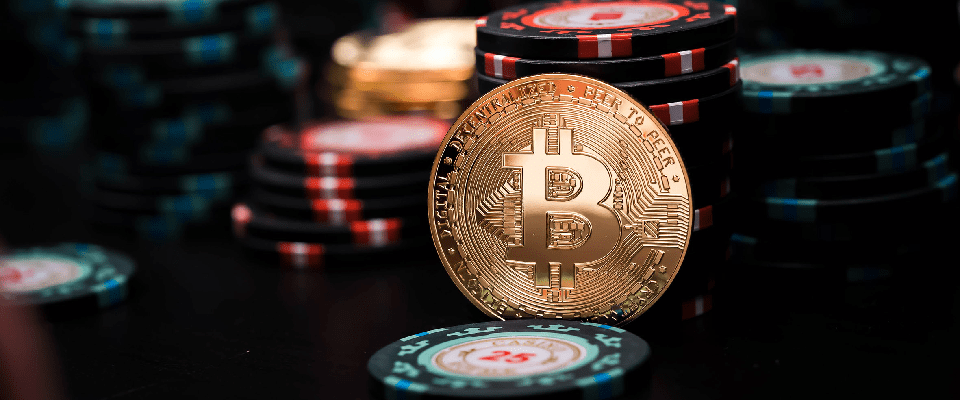A Detailed Introduction To Bitcoin
When you look closely at Bitcoin, the story of how to make money almost seems unbelievable. Even though it seems like science fiction, it's the most well-known type of digital currency currently in circulation. I put together this comprehensive introduction to Bitcoin to help you understand what it is, what it does, and how to earn Bitcoins.
Just to be clear, buying cryptocurrency or tokens is very speculative, and the market is largely unregulated. Before we move on. Anyone thinking about it should be ready to lose everything they invested.
A brief history of bitcoin
A digital asset that is protected by cryptography and can be exchanged like currency, Bitcoin was the first widely used cryptocurrency. When Bitcoin became accessible to the general public in 2009, other cryptocurrency versions had already been introduced but never reached their full potential. The inventor of Bitcoin, who prefers to remain anonymous, Satoshi Nakamoto, claimed that the purpose of the technology was to create "a new electronic cash system" that was "completely decentralized with no server or central authority." For the first time, someone sold their Bitcoins in 2010 to pay 10,000 Bitcoins for two pizzas.
If that person had kept those Bitcoins, they would now be worth more than $100 million, so I hope the pizza was tasty. After giving the Bitcoin community access to the source code and domain names in 2011, Nakamoto vanished from the public eye.
What exactly is Bitcoin?
Since Bitcoin is a digital currency, no coins or bills need to be printed. It is decentralized because no one entity, including the government, a financial institution, or another authority, has control over it. There are no account numbers, names, social security numbers, or other identifying characteristics that link Bitcoins to their owners, making the owners of Bitcoins in the system anonymous. To connect buyers and sellers, Bitcoin uses blockchain technology and encryption keys. And, just like diamonds or gold, a Bitcoin gets “mined.”
How are bitcoins "mined"?
To create more Bitcoins, people "mine" them, or more accurately, incredibly powerful, energy-intensive computers do. Since the developers of Bitcoin capped the number at 21 million, there are currently only about 5 million additional bitcoins that can be mined. The smallest fraction of a Bitcoin, named "Satoshi" after its creator Nakamoto, is one hundred millionth of a Bitcoin. Ultimately, each Bitcoin can be divided into smaller parts. Computers are used in the mining process to solve a very difficult mathematical problem that gets harder over time. One Bitcoin block is processed and a new Bitcoin is given to the miner each time a problem is resolved.
A user creates a Bitcoin address, which is a string of 27–34 numbers and letters, to receive the Bitcoins they have mined. The user's identity is not associated with it, unlike a mailbox.
What is a Bitcoin used for?
Bitcoins can be made in other ways besides by mining them. The first is the ability to accept Bitcoins as payment for goods and services. Your Bitcoin wallet is how you store, manage, and spend your digital currency, and setting one up is just as easy as setting up a PayPal account. They are accessible and cost nothing through a service provider like Coinbase. There are websites that will compensate you in Bitcoins for finishing particular tasks, even though it might take more time than it's worth. There are ways to lend out your Bitcoins after you've earned them and receive interest. Even trading can be used to earn bitcoins, and just recently Bitcoin futures were introduced as a valid asset class. Additionally, you can exchange your local currency for Bitcoins on exchanges, the biggest of which is Mt. Gox in Japan, which processes 70% of all Bitcoin transactions. More than 100,000 businesses, including Overstock.com, accept Bitcoin as payment for everything from pizza to gift cards.
What dangers exist?
With Bitcoin, there is both risk and a great opportunity. Although its anonymity and lack of regulation have made it attractive to criminals, there are many advantages for all of us if you're willing to take some risk and enter the Bitcoin market. Since there is no governing body, it may be challenging to deal with problems if Bitcoins are lost or stolen. 850,000 Bitcoins were lost when Mt. Gox went offline in 2014; they were never found. A transaction is final once it appears on the blockchain. Since Bitcoin is still a young technology, there are still a lot of unanswered questions, and its price is extremely unstable and subject to daily fluctuations.









